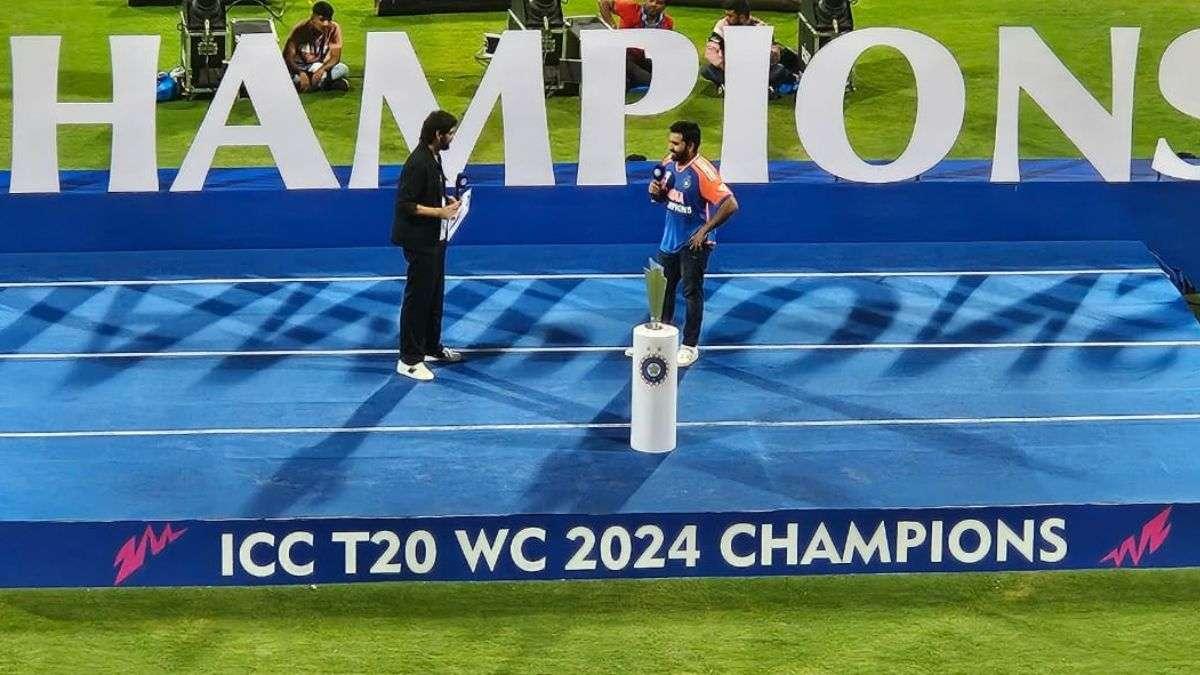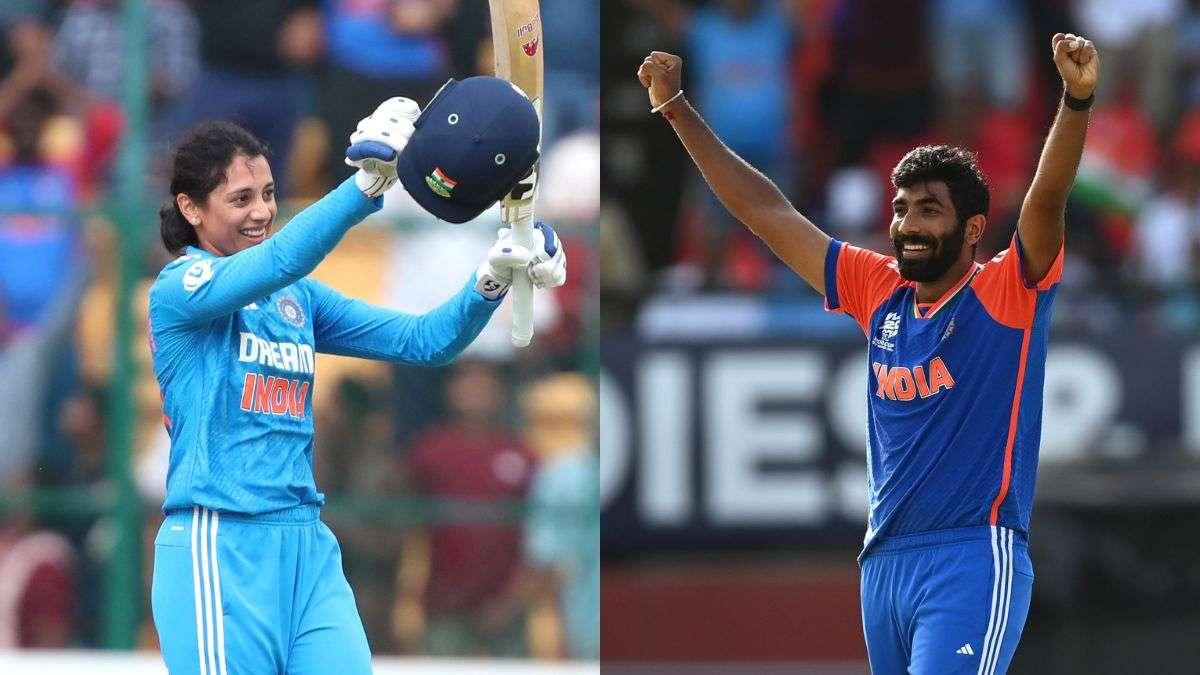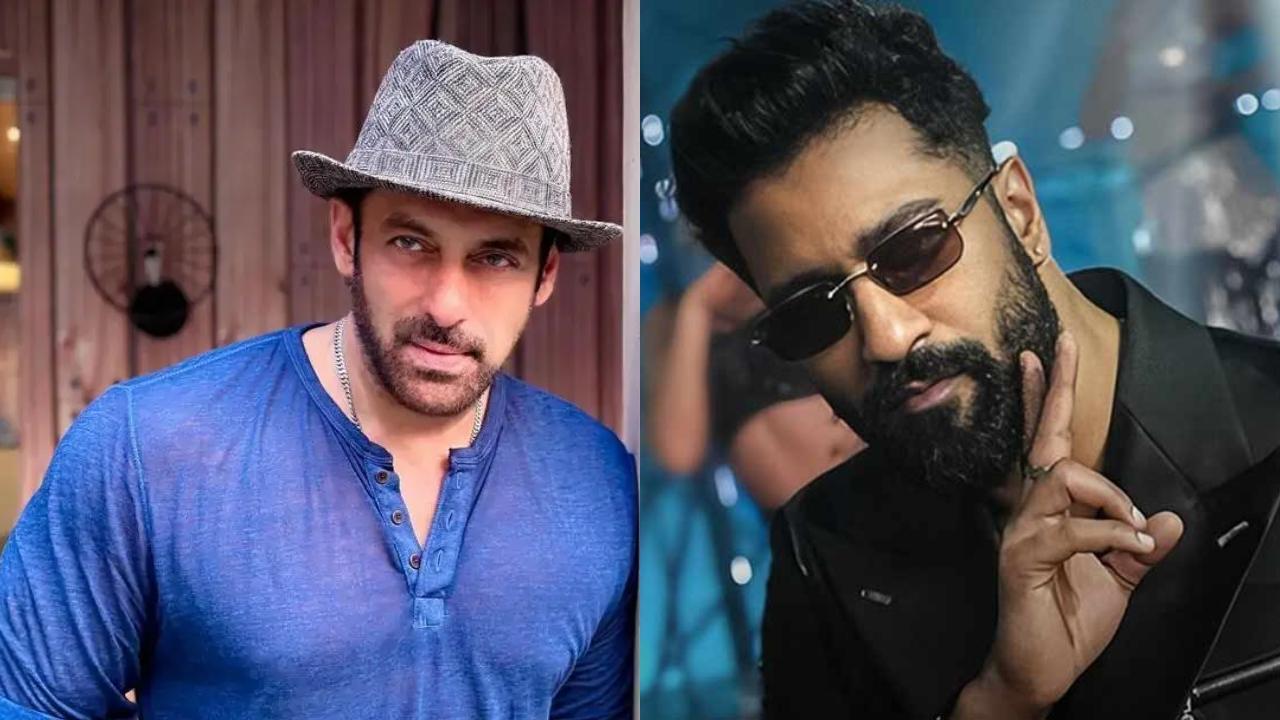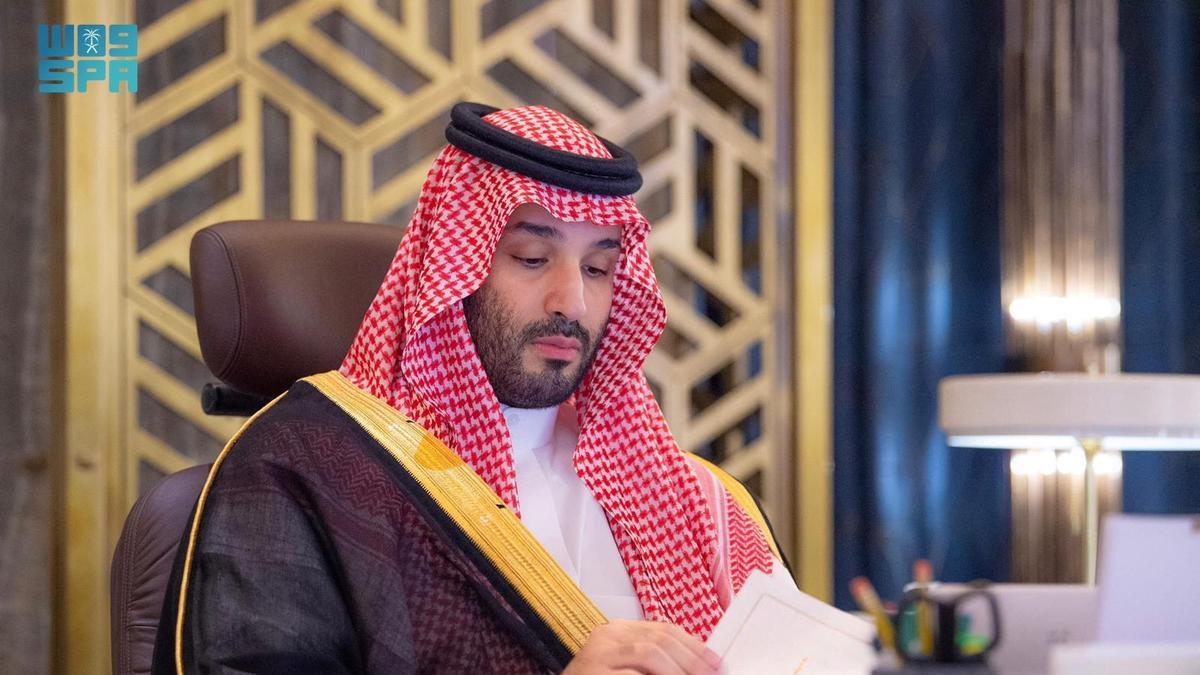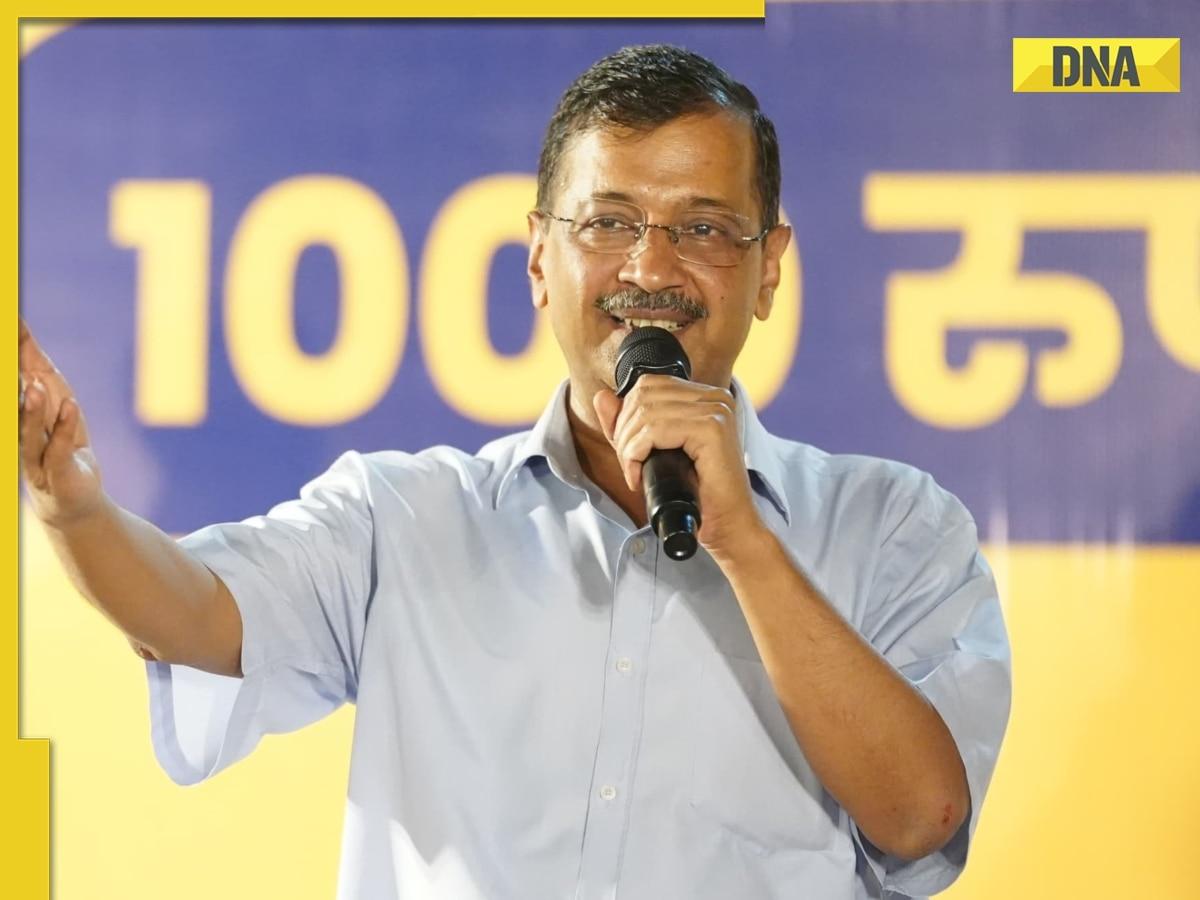
The Delhi High Court has instructed the Central Bureau of Investigation (CBI) to reply within seven days to the plea by Delhi Chief Minister Arvind Kejriwal, contesting his arrest in a high-profile corruption case linked to the excise policy ‘scam’. The details of the court’s directive emerged on Tuesday, placing significant scrutiny on the CBI’s handling of the case, which has become a focal point of political and legal discussions in the national capital.
Justice Neena Bansal Krishna issued a formal notice to the CBI commanding them to present their response within the stipulated period. Additionally, the court granted Kejriwal’s legal team the right to file a rejoinder, if necessary, within two days post the CBI’s submission. The court earmarked July 17 as the date to commence arguments on the matter, setting the stage for what promises to be an intense judicial exercise.
Kejriwal, who serves not only as the Chief Minister but also as the national convener of the Aam Aadmi Party (AAP), has faced substantial judicial actions over the past few weeks. He was arrested on June 26 by the CBI directly from Tihar Jail, where he was already under judicial detention connected to a money laundering case led by the Enforcement Directorate (ED).
The plea filed by Kejriwal challenges his arrest and also contests the trial court’s orders dated June 26 and June 29, which had remanded him to a three-day CBI custody and judicial custody until July 12, respectively. The sequence of his custodial remanding remains a critical point of contention for Kejriwal and his defense team, which has argued the procedural and substantive grounds for his immediate release.
On June 26, the trial court had accepted the CBI’s plea for Kejriwal’s custody to enable further interrogation in connection with the alleged corruption scandal involving the Delhi excise policy. This specific policy purportedly caused substantial financial irregularities and led to significant gain for private entities at the cost of the exchequer. The ensuing allegations snowballed into multifaceted investigations encompassing several high-ranking officials and private businessmen.
Following his three-day CBI custody, the court extended Kejriwal’s judicial custody until July 12. This custodial extension has drawn heavy criticism from political allies and party members, who have claimed that the arrest and subsequent remands are politically motivated actions aimed at destabilizing the AAP governance in Delhi.
READ | ‘Lost my uterus, lost my.
…’: TMC leader Mahua Moitra attacks BJP in Parliament
The high-profile nature of this case has attracted substantial media coverage and public interest. Legal analysts suggest that the core arguments might pivot around the procedural propriety followed by the CBI during Kejriwal’s arrest and whether it conformed to established judicial precedents. They point out that the evidence presented so far by investigative agencies will undergo rigorous scrutiny, particularly given Kejriwal’s position as an incumbent Chief Minister.
Furthermore, the trial’s implications extend beyond the immediate legal concerns. It has sparked debates about judicial independence, political leverage in legal disputes, and the integrity of anti-corruption frameworks in India’s governance. Leaders from Kejriwal’s AAP have consistently dismissed the charges as false and accuse rival political factions, particularly the Bharatiya Janata Party (BJP), of orchestrating legal assaults to derail his political agenda in Delhi.
As the case heads towards its critical hearing on July 17, the coming days are expected to be laden with fast-paced developments. Pundits anticipate that both parties will employ a battery of legal experts to argue the intricacies of the case. Additionally, the media glare on these proceedings is likely to increase, further intensifying the already charged political atmosphere.
In conclusion, the Delhi High Court’s directive to the CBI marks a pivotal moment in an ongoing legal saga that intertwines judicial processes with political ramifications. The forthcoming hearing promises to be a crucial determinant of Chief Minister Arvind Kejriwal’s political and legal fate, critically influenced by the CBI’s forthcoming response. The proceedings will be closely monitored as they hold significant repercussions for Delhi’s political landscape and broader narratives of governance and accountability in India.



